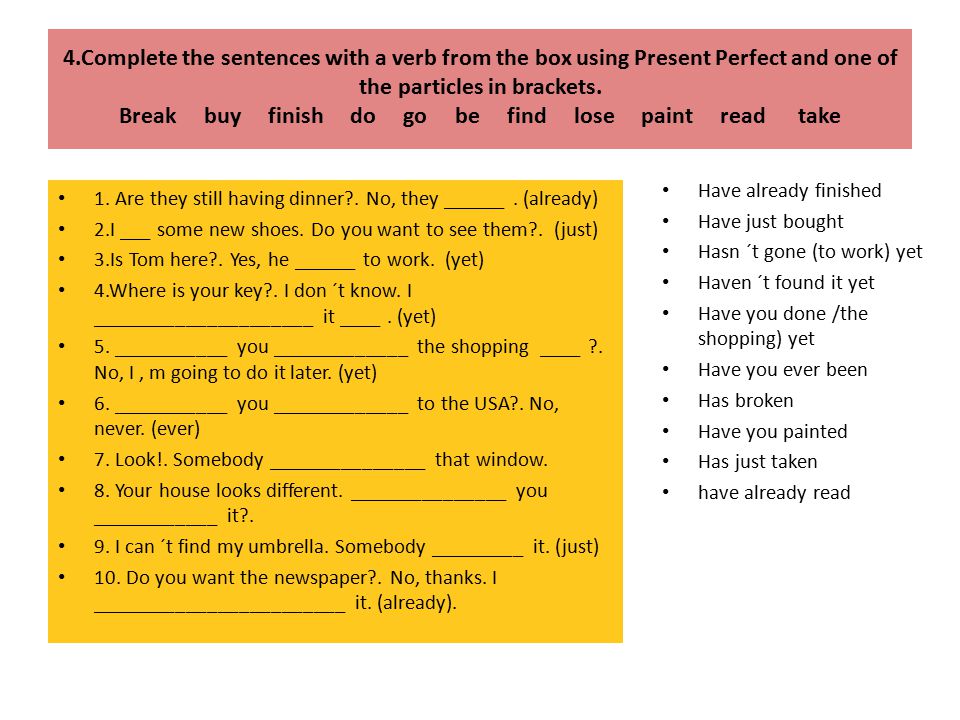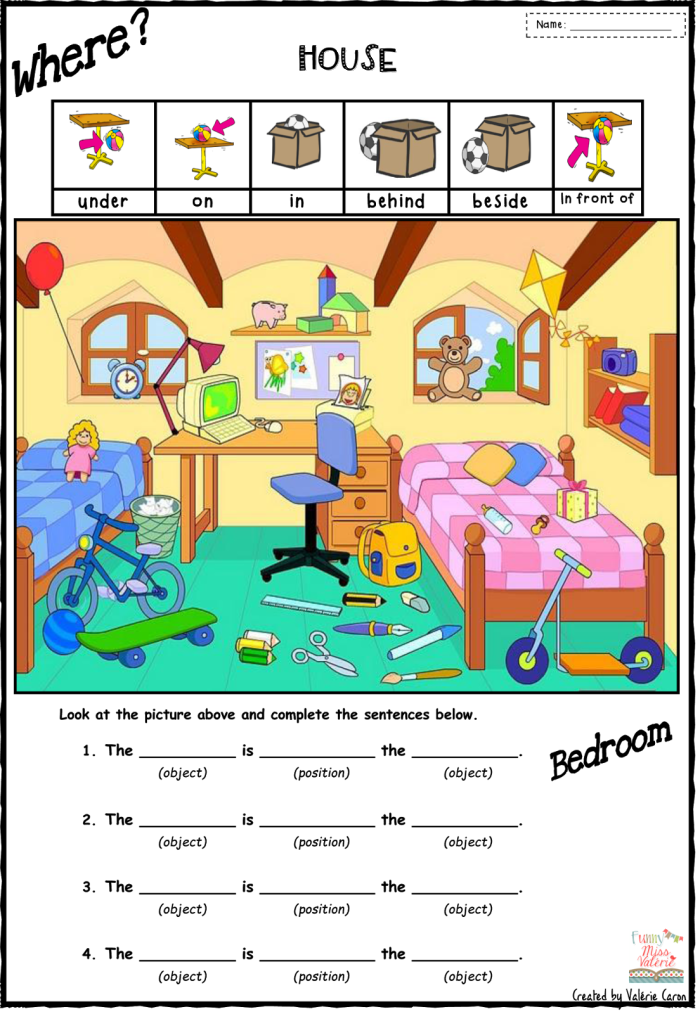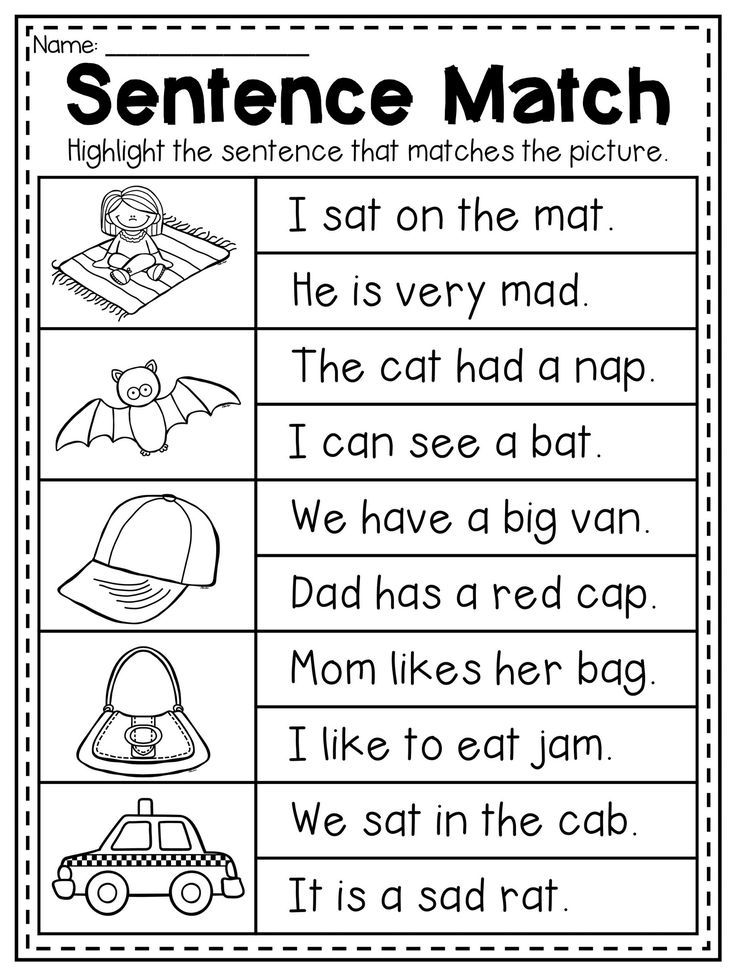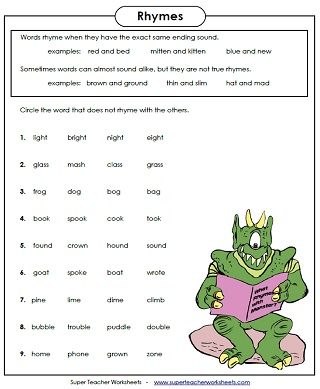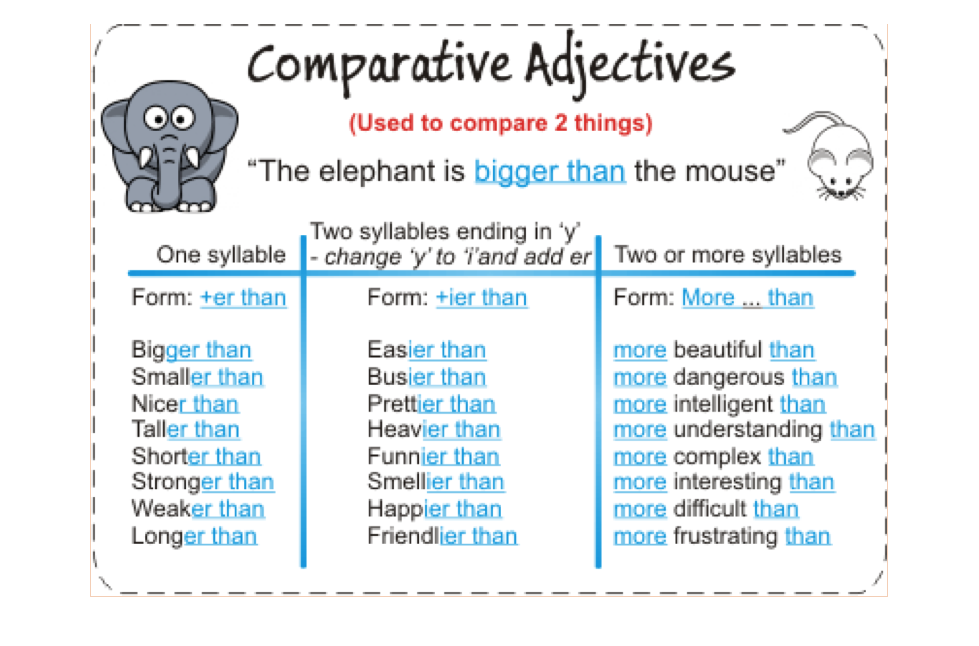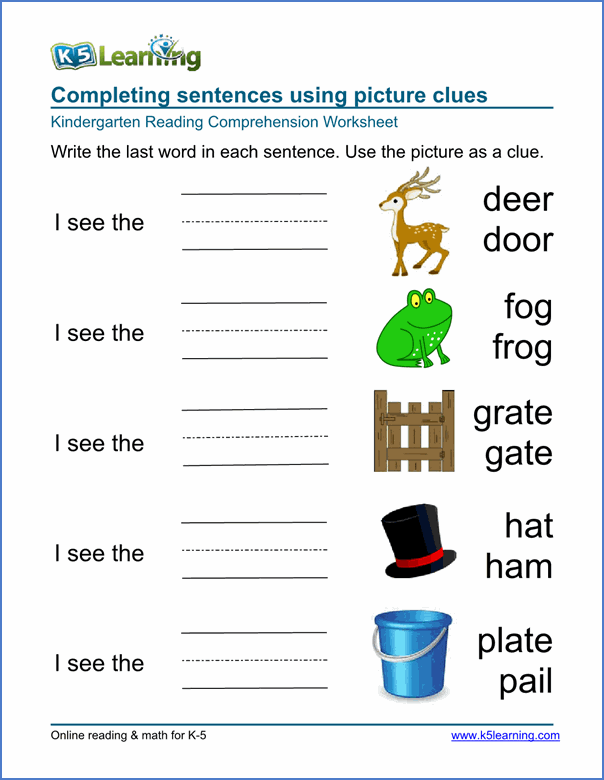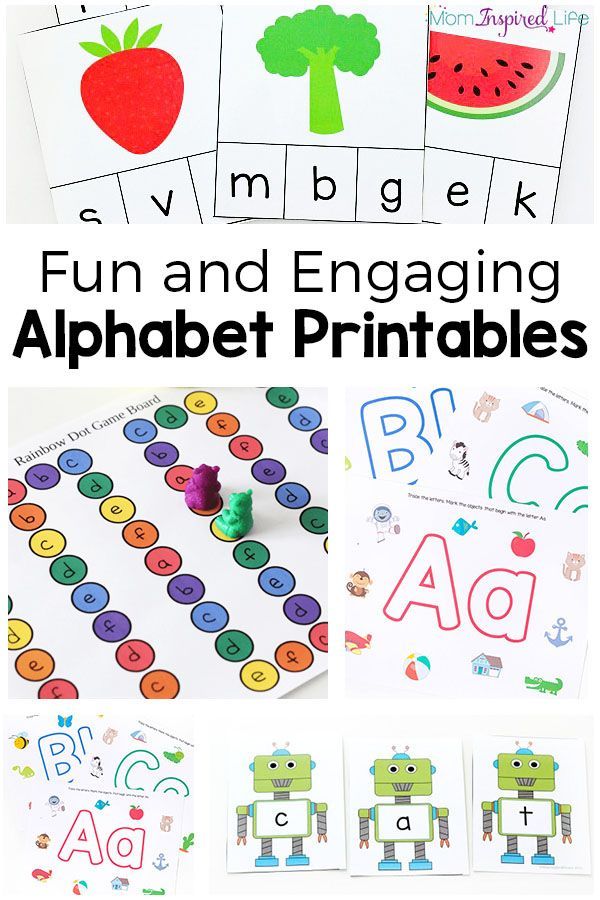Sentences using on
English Sentences with Audio Using the Word "On"
English Sentences with Audio Using the Word "On"- It's on me.
- I'm on a diet.
- I count on Tom.
- Put your hat on.
- The light is on.
- Don't tell on me.
- Get on the horse.
- She is on a diet.
- We depend on you.
- What is going on?
- I went on reading.
- Turn on the radio.
- We play on Sunday.
- I will go on ahead.
- I worked on a farm.
- I'm free on Sunday.
- She kept on crying.
- Slip on your shoes.
- Are you on Facebook?
- Don't climb on this!
- He can be relied on.
- He sat on the bench.
- She kept on talking.
- She kept on working.
- She went on working.
- Tom lay on his back.
- Try on this sweater.
- We lay on the grass.
- We traveled on foot.
- What is on the desk?
- You can rely on her.
- You can rely on him.
- Can I turn on the TV?
- He can be counted on.
- He is now on his own.
- I hit on a good idea.
- I met Tom on the way.
- I put on my trousers.
- I'm depending on you.
- Let's meet on Sunday.
- She took pity on him.
- She went on speaking.
- She's gone on a trip.
- The house is on fire.
- Tom is never on time.
- We'll meet on Sunday.
- What's going on here?
- You can count on her.
- You can count on him.
- Don't leave the TV on.
- He hit me on the head.
- He's away on business.
- I acted on his advice.
- I am here on business.
- I'd bet my life on it.
- I'm leaving on Sunday.
- This is based on fact.
- We're on our way home.
- What is on Channel 10?
- Will you go on a trip?
- Come on! We'll be late.

- He jumped on the train.
- He lay down on the bed.
- I got on the wrong bus.
- I turned on the lights.
- Ken hit on a good idea.
- Let's begin on page 30.
- Lie on your right side.
- The boy sat on a chair.
- They agreed on a price.
- Are you free on Tuesday?
- Don't put it on my desk.
- Don't put it on my desk.
- Don't take it out on me.
- He lives on this street.
- He traveled on business.
- I'd better be on my way.
- Oil will float on water.
- They will agree on that.
- A dog bit her on the leg.
- Can I try on this jacket?
- Come on any day you like.
- Could I sit on the aisle?
- Do you have a pen on you?
- Have you ever been on TV?
- I got on the wrong train.
- I like to ride on trains.
- I see a bird on the roof.
- Please turn on the radio.
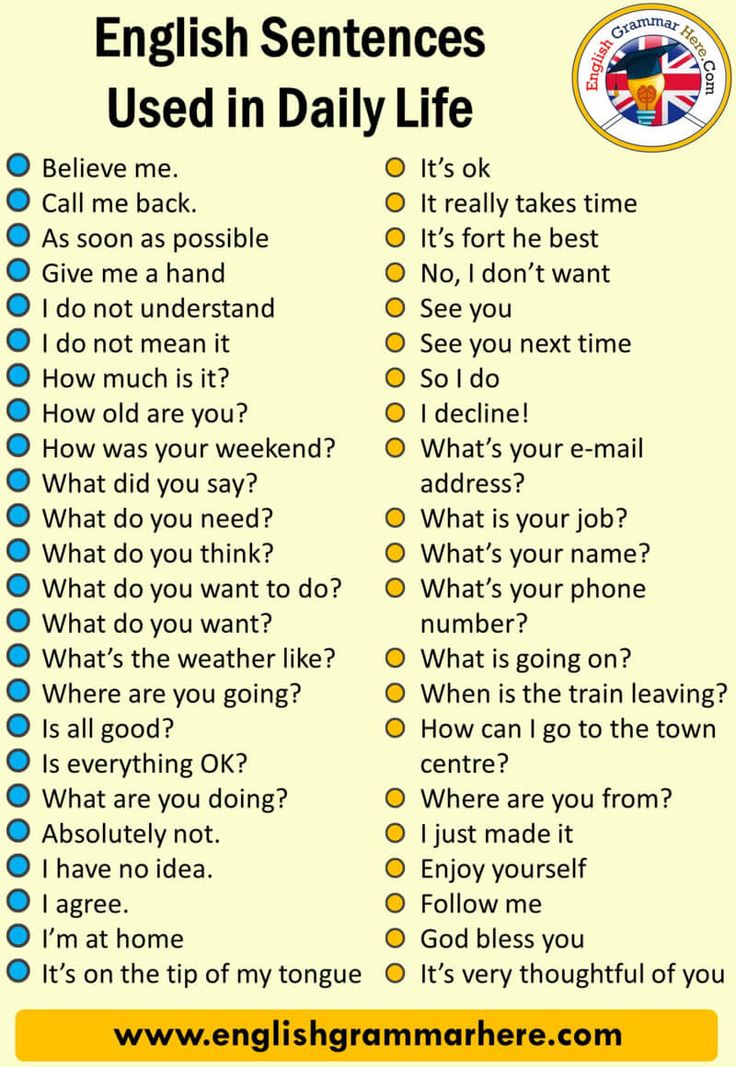
- She met him on the beach.
- The train got in on time.
- Was he lying on his back?
- What do you do on Sunday?
- Your book is on the desk.
- Come on! Give me a chance.
- Do you deliver on Sundays?
- Don't look down on others.
- He was sitting on a bench.
- I asked her out on a date.
- I will act on your advice.
- It depends on the context.
- The train arrived on time.
- The workers are on strike.
- Turn on the light, please.
- We'd better get a move on.
- What do you do on Sundays?
- Write on every other line.
- You're on the right track.
- Your watch is on the desk.
- He's a man you can rely on.
- His joy showed on his face.
- I am never free on Sundays.
- I live on the bottom floor.
- I was born on June 4, 1974.
- Lie down on your left side.
- See the footnote on page 5.

- This drink is on the house.
- What will you do on Friday?
- Did you do this on your own?
- Do you go to school on foot?
- I accompanied her on a walk.
- I arrived at school on time.
- I feel like going on a trip.
- I was born on April 3, 1950.
- I've put on weight recently.
- Is there a cat on the table?
- She asked him out on a date.
- She called him on the phone.
- She decided on the red coat.
- She kissed him on the cheek.
- There is a book on the desk.
- You are wanted on the phone.
- You can always count on Tom.
- You can't count on his help.
- Don't put books on the table.
- He hit his head on the shelf.
- I want something to write on.
- Look at the notes on page 10.
- My car broke down on the way.
- Please go on with your story.
- They were lying on the grass.

- This car runs on natural gas.
- Tom concentrated on his work.
- Will the train leave on time?
- Bill turned on the television.
- Can I carry this on the plane?
- Don't rely too much on others.
- Give me something to write on.
- He had to work even on Sunday.
- He hung a picture on the wall.
- He knocked on the closed door.
- Her car broke down on the way.
- How long does it take on foot?
- I accompanied him on the trip.
- I am never at home on Sundays.
- I met her on my way to school.
- I met Tom on my way to school.
- I was out of town on vacation.
- Streetcars run on electricity.
- The Diet will meet on Tuesday.
- The train arrived on schedule.
- There is a melon on the table.
- There is an apple on the desk.
- They acted on the information.
- When the bus came, she got on.
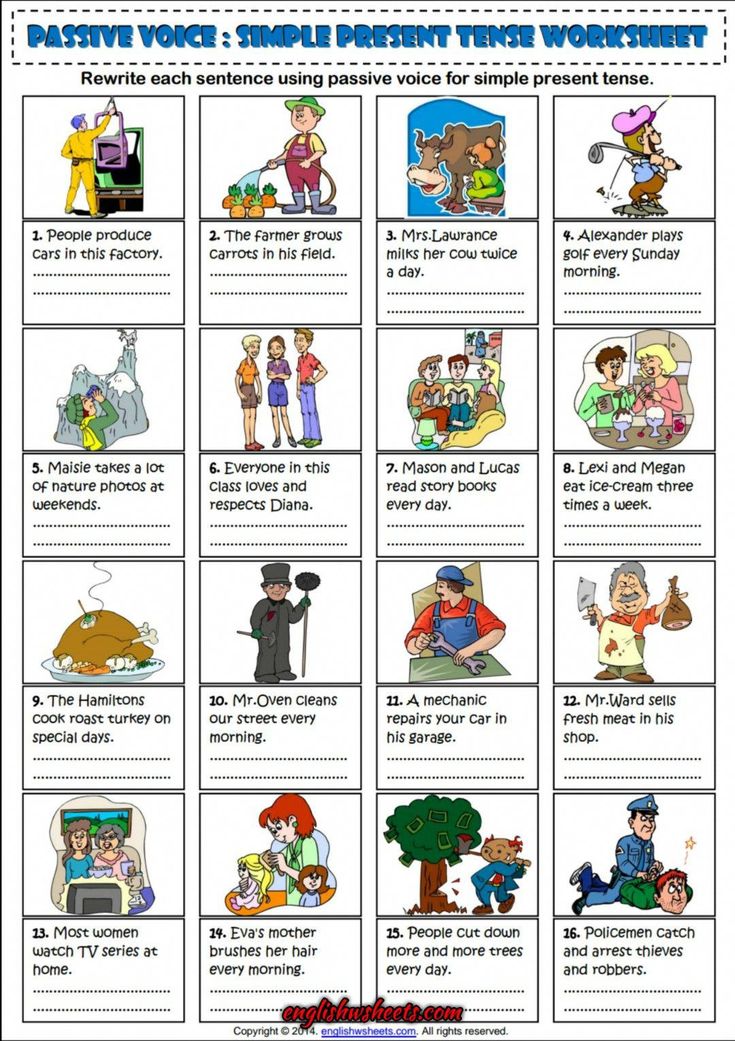
- Where did you get on this bus?
- Your collar has a stain on it.
- A cat was sitting on the chair.
- Don't step on the broken glass.
- He dropped in on me last night.
- He had decided on a new policy.
- He had his socks on inside out.
- He is acting on his own behalf.
- He is the richest man on earth.
- He set out on a lonely journey.
- He was a great influence on me.
- He was born on July 28th, 1888.
- He's always at home on Sundays.
- I accompanied her on the piano.
- I agree with him on that point.
- I agree with you on this point.
- I am the happiest man on earth.
- I don't go to school on Sunday.
- I often talk to him on the bus.
- My dog often lies on the grass.
- She advised him on that matter.
- She held on to my hand tightly.
- She kissed him on the forehead.
- She sat next to him on the bus.
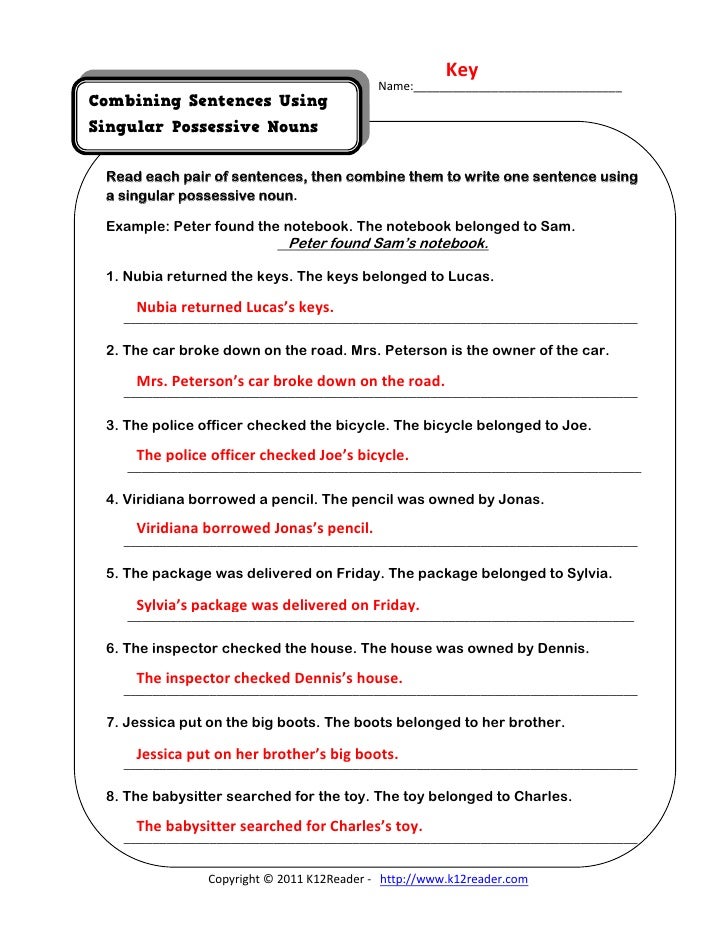
- There is an apple on the table.
- Trains are running on schedule.
- We skipped his turn on purpose.
- We've really got to step on it.
- Do you go to school on Saturday?
- Do you have school on Saturdays?
- He held on firmly to the branch.
- I agreed with him on that point.
- I am not always free on Sundays.
- I am on speaking terms with Tom.
- She accompanied me on the piano.
- I'm on a diet.
Sentences with On, On in a Sentence in English, Sentences For On
Sentences with On, On in a Sentence in English, Sentences For On
1.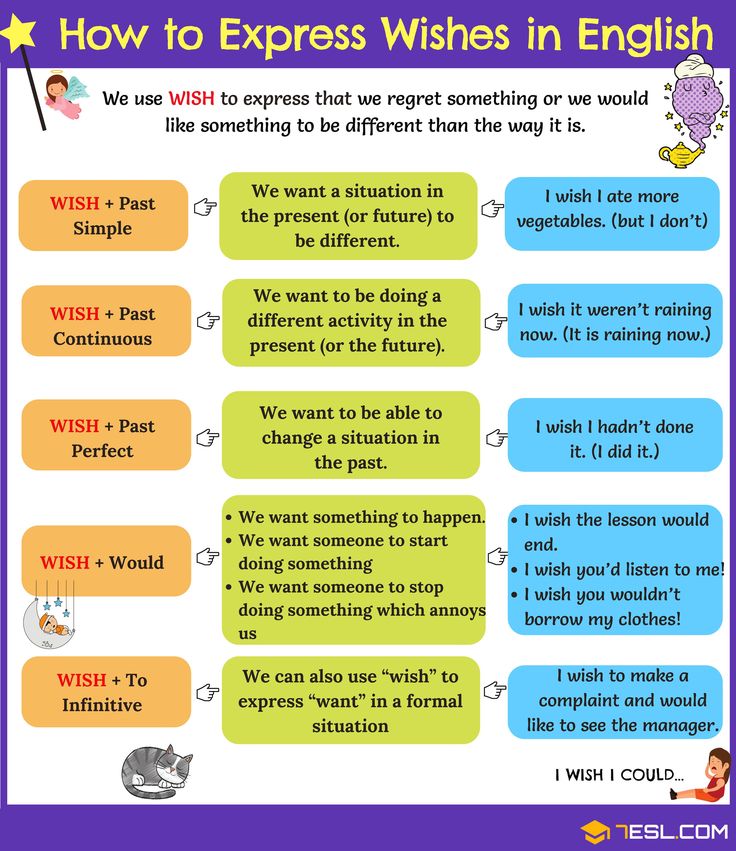 I’m on my way.
I’m on my way.
2. Hi, come on in.
3. Put a lid on it!
4. I relied on him.
5. Let’s shake on it.
6. Don’t rely on him.
7. Can I rely on you?
8. Step on the scale.
9. I’m on the Senate.
10. We rode on a boat.
11. Shame on you guys.
12. Sign on this line.
13. I’m on my way over.
14. She lay on the bed.
15. You’re on your own.
16. Slip on your shoes.
17. Acid acts on metals.
18. I’m dead on my feet.
19. Acids act on metals.
20. He laid on his back.
21. You may rely on him.
22. Stand on the scales.
23. What’s on your mind?
24. I grew up on a farm.
25. Come, sit on my lap.
26. She put on her shoes.
27. Everyone got on deck.
28. What’s on the agenda?
29.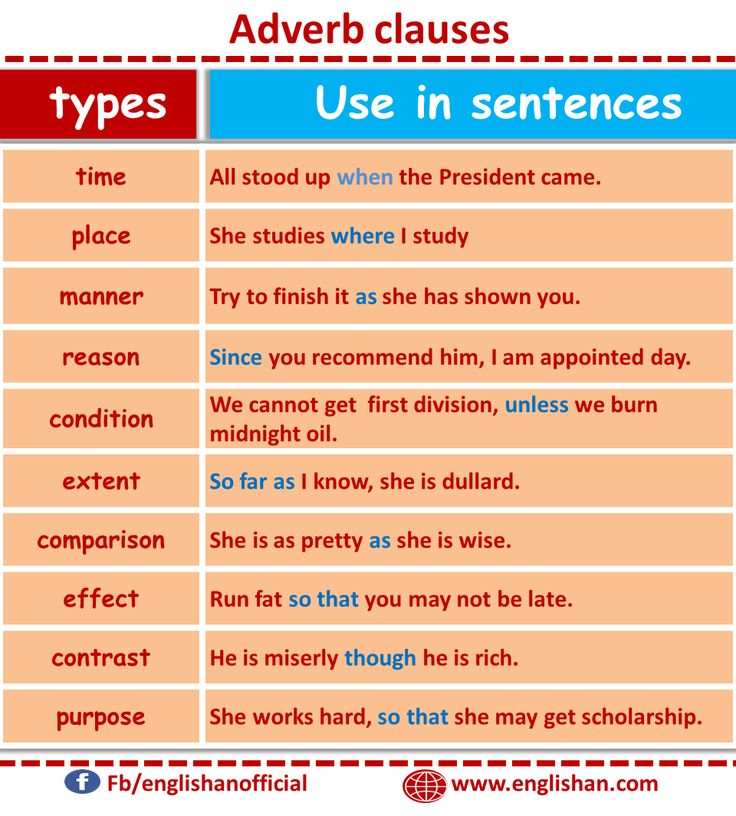 Mud got on his pants.
Mud got on his pants.
30. I am counting on you.
31. I hit on a good idea.
32. Don’t rely on others.
33. I wouldn’t bet on it.
34. You can rely on Jack.
35. I hit him on the chin.
36. Alex sat on the couch.
37. He stepped on the fur.
38. He must be on his way.
39. Fur coats are on sale.
40. We’re counting on you.
41. We’re counting on you.
42. Can I sit on your lap?
43. Steve sat on the curb.
44. We can talk on the bus.
45. I wouldn’t bet on that.
46. Can you turn on the TV?
47. I fell down on the ice.
48. Lie on your right side.
49. I lost my heart on you.
50. I can’t cancel on Alex.
51. We agree on this point.
52. Roll over on your back.
53. Please put on your hat.
54.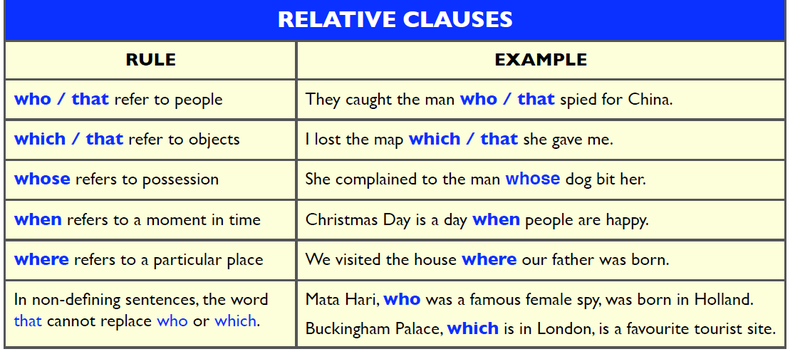 Restrictions on travel.
Restrictions on travel.
55. Don’t rely on his help.
56. I saw you spying on Tom.
57. They will agree on that.
58. Alex switched on the TV.
59. Put a lid on it, George.
60. Steve put on his helmet.
61. Oil will float on water.
62. Are you free on Tuesday?
63. I saw you spying on John.
64. Hold on a moment, please.
65. Brush up on your diction.
66. I lost my job on Tuesday.
67. Don’t rush on my account.
68. It will rain on Thursday.
69. Read what’s on the label.
70. Steve Jobs Quotes on Work
71. Don’t sneak up on people.
72. We advanced on the enemy.
73. Let the stone fall on me!
74. I didn’t plan on staying.
75. She put cream on her toe.
76. Vandalism is on the rise.
77. Like a cat on hot bricks.
78. Steve turned on the heat.
79. Alex lay down on the bed.
80. My printer is low on ink.
81. your book is on the desk.
82. 60.Pour some sugar on me.
83. Tom sat down on the step.
84. We can’t go on like this.
85. Don’t blame this on Steve.
86. Alex bet $500 on the race.
87. I didn’t do it on purpose.
88. It depends on the context.
89. We have to arrive on time.
90. I saw you spying on Steve.
91. your watch is on the desk.
92. I am talking on the phone.
93. I spent 100 dollars on it.
94. I got a burn on my finger.
95. I will act on your advice.
96. She put the lid on the box.
97. The dog chewed on the ball.
98. I hit the man on the belly.
99. The men are smiling on cue.
100. Put the meat on the scales.
101. I dote on his very absence.
102. Alex bet $500 on the fight.
103. Please put it on the scale.
104. I will not comment on this.
105. Lie down on your left side.
106. I’ve come to depend on you.
107. Do you want to bet on that?
108. Samuel knocked on the door.
109. Alex spied on his roommate.
110. My car is on its last legs.
111. The cat’s fur stood on end.
112. Alex slept on the top bunk.
113. He isn’t working on Monday.
114. Just don’t give up on Alex.
115. Wipe your shoes on the mat.
116. Don’t rely on what he says.
117. Put on some decent clothes.
118. I’m depending on your help.
119. I’m focusing on my Spanish.
120. Can you show me on the map?
121. Steve leaned on his elbows.
122. Maybe he did it on purpose.
123. Anderson stepped on my foot.
124. They’re on pins and needles.
125. A rash appeared on his face.
126. Tablespoon are on the table.
127. Did he ask you to spy on me?
128. You are running low on fuel.
129. This coat looks loose on me.
130. Frank is asleep on his bunk.
131. His cottage is on the coast.
132. Please focus on the details.
133. Can I count on your loyalty?
134. Did you do this on your own?
135. Steve put a cap on his head.
136. He was unsteady on his feet.
137. The dancer spun on his toes.
138. George can count on Jessica.
139. To hit the nail on the head.
140. Hank was asleep on the bunk.
141. I accompanied her on a walk.
142. My notebook is on the table.
143. Her hands rested on her lap.
144. A white dove is on the roof.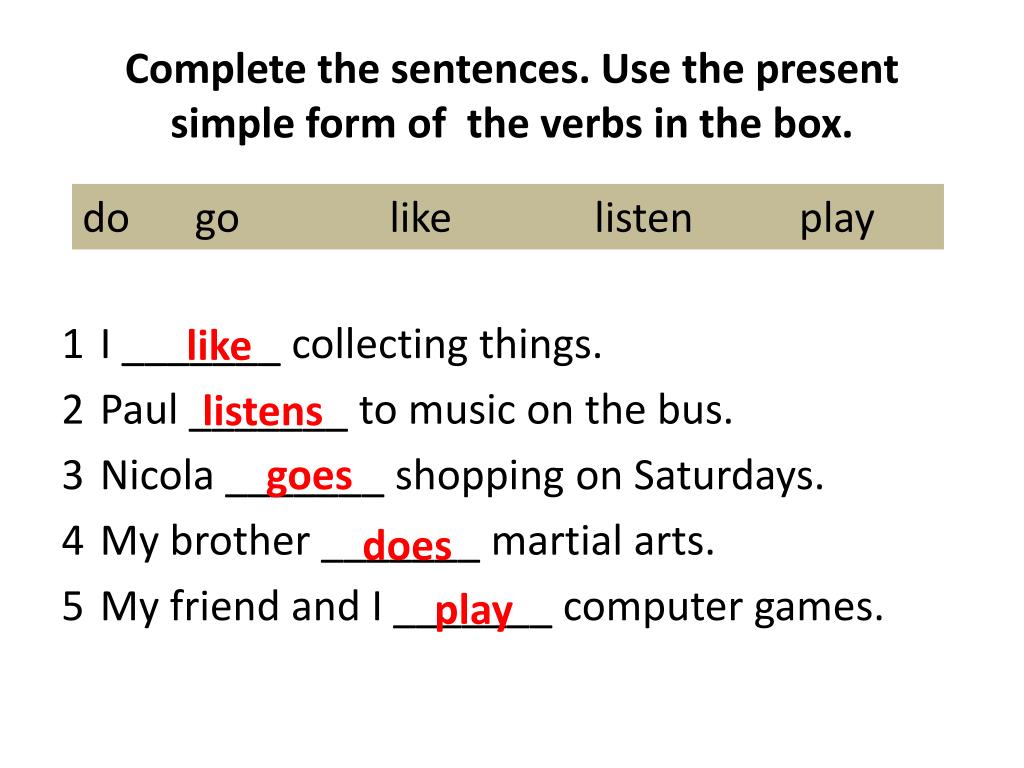
145. It has had no effect on him.
146. Hank put a worm on the hook.
147. What does he do on off days?
148. He broke the jars on the way.
149. We’ll fill you in on the way.
150. I’ve already checked on that.
151. Did we put salt on the fries?
152. My car broke down on the way.
153. Please go on with your story.
154. The lemons were on the table.
155. The theatre starts on Monday.
156. Nudge chewed on a fingernail.
157. Mark switched on the machine.
158. They live on the floor above.
159. He didn’t tip on the way out.
160. Pin the flower on your lapel.
161. My father switched on the TV.
162. She lives on a small pension.
163. Steve wouldn’t run out on us.
164. A fur was lying on the floor.
165. I prefer traveling on my own.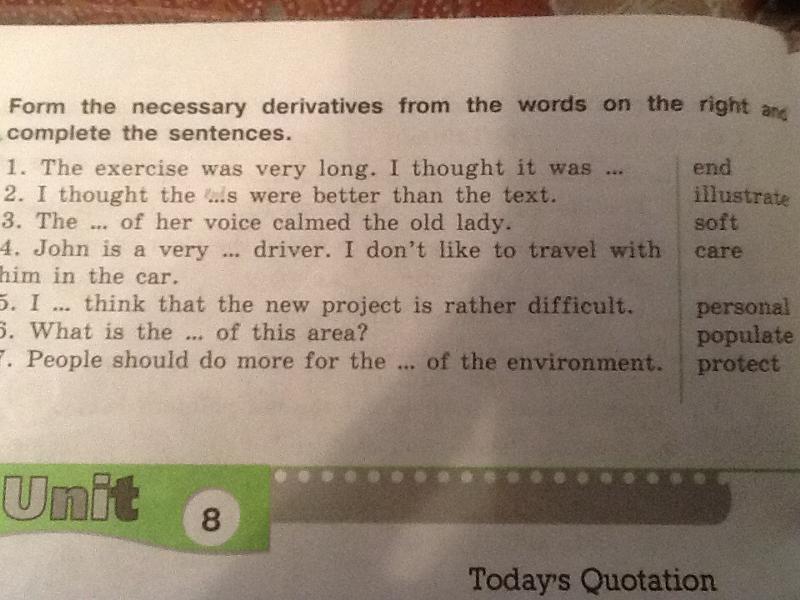
166. He put the cake on the table.
167. I hissed, frozed on the spot.
168. I will visit you on Thursday.
169. Came by car on a rainy night.
170. The door bolts on the inside.
171. She was a great impact on me.
172. Alex is choking on something.
173. George lay down on the grass.
174. How many people are on board?
175. Let’s sit down on this bench.
176. Eat everything on your plate.
177. Going on vacation excites me.
178. I nearly choked on a fishbone.
179. Mark slipped on a banana peel.
180. I always feel blue on Mondays.
181. We insisted on its importance.
182. Are you working on commission?
183. We have to do this on our own.
Sentences in different tenses in English
How many tenses in English
First, let's remember how many tenses a learner of English needs to know. While Russian makes do with past, present and future, English has a dozen tense forms.
While Russian makes do with past, present and future, English has a dozen tense forms.
In fact, there are also three tenses in English: Present (present), Past (past) and Future (future). But they have four aspects: Simple (simple), Continuous , or Progressive (continuous), Perfect (perfect) and Perfect Continuous (perfect continuous). So it turns out 12 temporary forms.
Time indicates when an action occurs, and aspect adds characteristics such as duration, completion, and repetition. For example, from the name of time Past Continuous (past continuous) it is clear that we are talking about a continuous action in the past. nine0005
StunningArt/Shutterstock.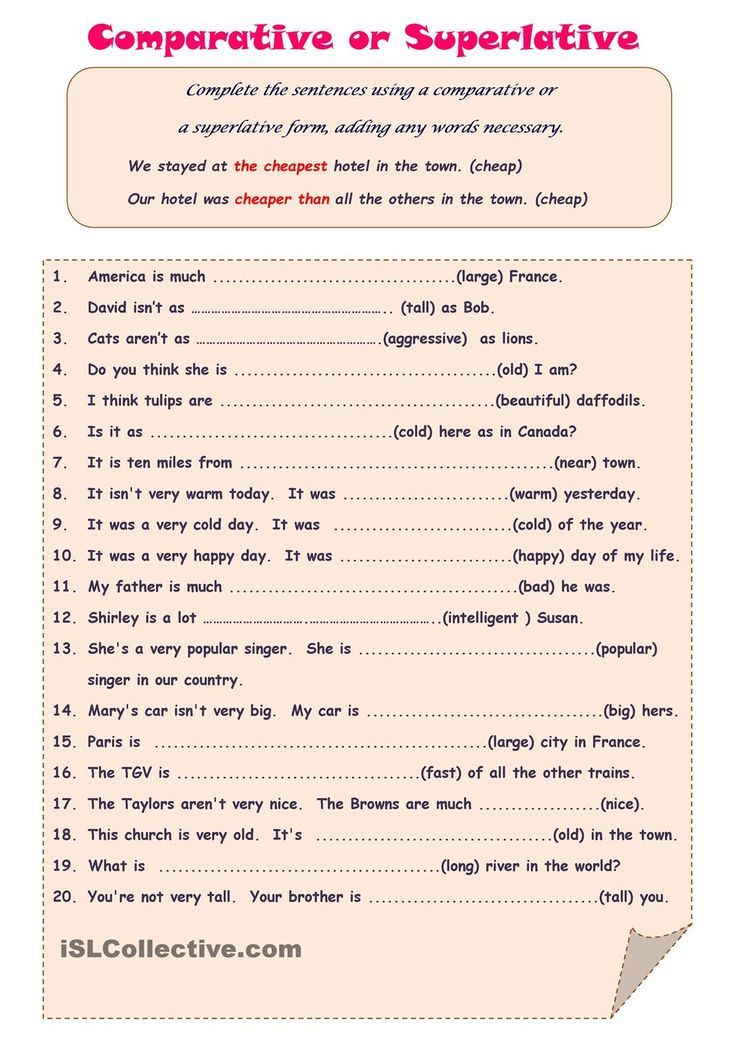 com
com
Demo lesson for free and without registration!
Take a lesson, learn about the school and get a promotional code for English classes
How not to get confused in English tenses
Along with the rules for using and constructing English tenses, it is worth remembering examples of sentences for each tense - something relevant and close to you. Remembering such an example, you can approximately understand in what cases this time is used, and based on this proposal, it is correct to build a new one. nine0005
Since our readers are most likely those who study or intend to study English, we offer examples of sentences about homework ( homework ). Still, an English lesson is not complete without discussing homework. At the same time, get ready-made excuses in case you didn’t do your homework. 😉
For each time, we give a brief description and a plate that schematically shows how to form the time.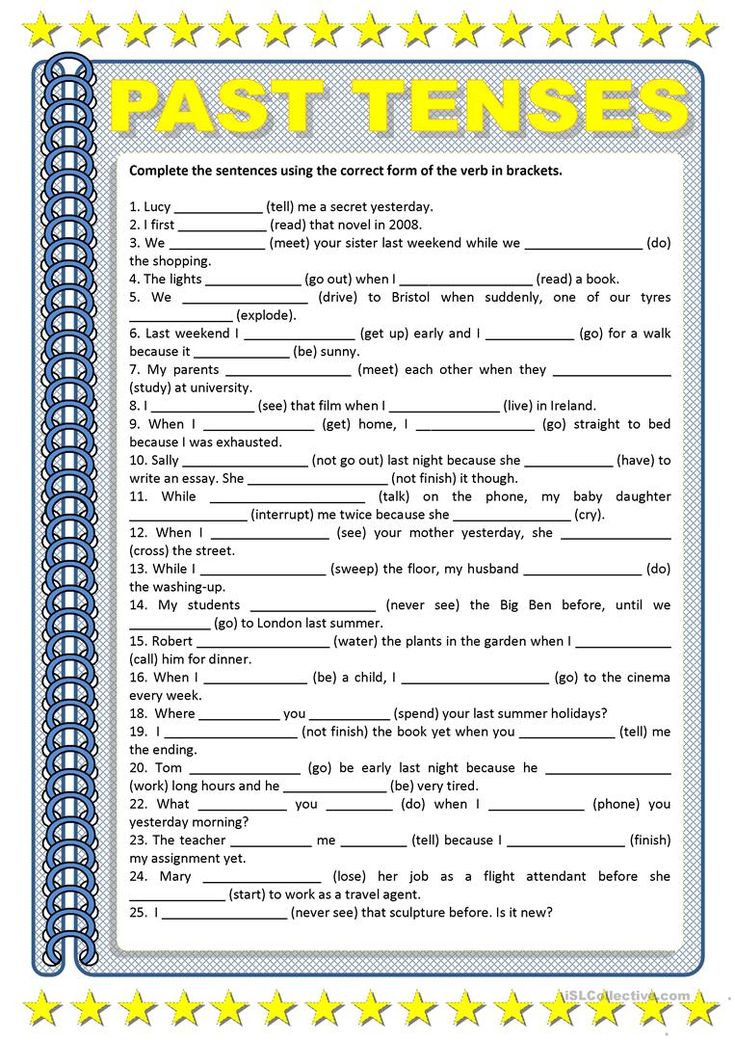 Want to take the topic more seriously? Here is another article detailing the use of all English tenses. nine0005
Want to take the topic more seriously? Here is another article detailing the use of all English tenses. nine0005
Present Simple
Present Simple is really simple. In the present simple tense, we report facts and talk about regular activities. In sentences in Present Simple , you can find words such as always (always), often (often), every day (every day), etc.
| + | I, you, we, they | verb |
| He, she, it | verb + -s | |
| - | I, you, we, they | do not (don't) + verb |
| He, she, it | does not (doesn't) + verb |
Present Simple in sentences with the verb to be
Separately, you need to consider sentences with the verb to be (to be). When they are translated into Russian in the present tense, this verb simply disappears. In English we use to be , when we characterize someone, indicate their age, profession, occupation or location. It is important to remember the forms to be in Present Simple - they are different for each person - because they will be needed to form other tenses. Also note that the auxiliary verb ( do/does ) for to be is not needed.
When they are translated into Russian in the present tense, this verb simply disappears. In English we use to be , when we characterize someone, indicate their age, profession, occupation or location. It is important to remember the forms to be in Present Simple - they are different for each person - because they will be needed to form other tenses. Also note that the auxiliary verb ( do/does ) for to be is not needed.
| I | He, she, it | We, you, they | |
| + | am | is | are |
| − | am not | is not (isn't) | are not (aren't) |
Present Continuous
With the help of Present Continuous we can talk about what is happening right now, in a given period of time, for example this week, or about specific plans for the future. nine0005
nine0005
| I | He, she, it | You, we, they | |
| + | am + verb + -ing | is + verb + -ing | are + verb + -ing |
| − | am + not + verb + -ing | is + not + verb + -ing | are + not + verb + -ing |
-
I am doing my homework right now.
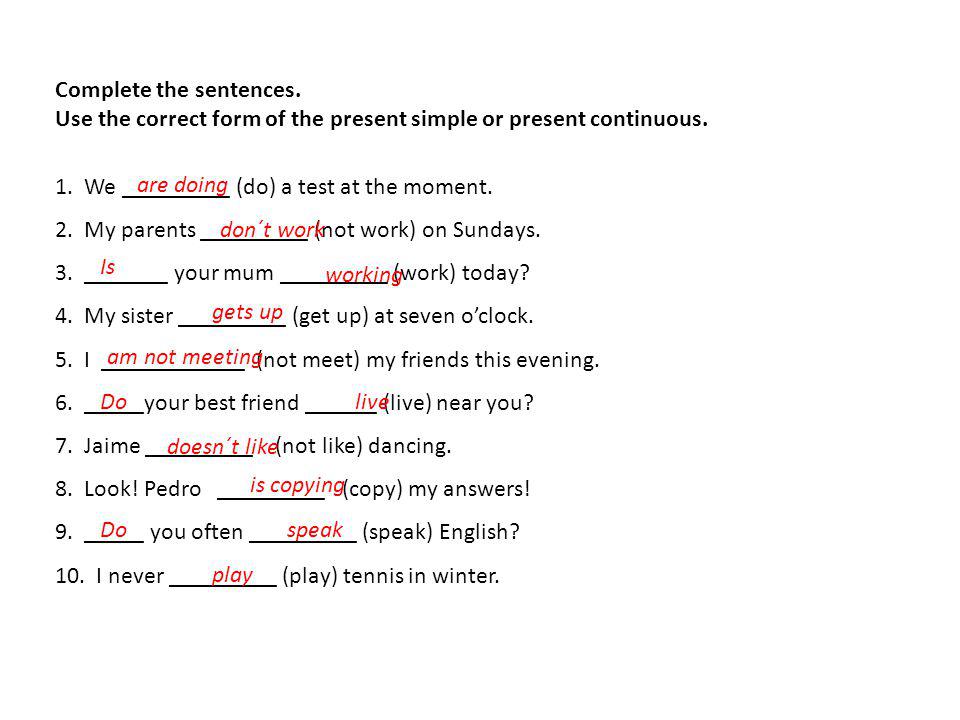 Please don't disturb me! - I'm doing my homework now. Please don't disturb me!
Please don't disturb me! - I'm doing my homework now. Please don't disturb me! -
I am not meeting my study buddy tonight. He's made up some excuses, but I think he' s just being lazy. - I'm not meeting with my study partner tonight. He came up with some excuses, but I think he's just acting like a bummer.
PeopleImages.com - Yuri A/Shutterstock.com
The verb to be in Present Continuous indicates the person's behavior at the moment. Look at the second example: “ He is being lazy ” means that a person is lazy now, but this does not mean that he is lazy in life. nine0005
Present Perfect
Despite Present in the title, we use Present Perfect to talk about actions in the past. However, the result of the action itself, the so-called connection with the present, is important to us, and not the moment in time when the action occurred. The time Present Perfect is suitable for describing the experience that has accumulated so far, and such words as already (already), yet (yet), so far (at the moment) come to the rescue. For Present Perfect the third form of the verb is needed: if the verb is regular, then the ending -ed is added to it, and the forms of irregular verbs will have to be taught.
However, the result of the action itself, the so-called connection with the present, is important to us, and not the moment in time when the action occurred. The time Present Perfect is suitable for describing the experience that has accumulated so far, and such words as already (already), yet (yet), so far (at the moment) come to the rescue. For Present Perfect the third form of the verb is needed: if the verb is regular, then the ending -ed is added to it, and the forms of irregular verbs will have to be taught.
| I, you, we, they | He, she, it | |
| + | have + verb in 3rd form | has + verb in 3rd form |
| - | have not (haven't) + verb in 3rd form | has not (hasn't) + verb in 3rd form |
-
I have already done this exercise.
 - I have already done this exercise.
- I have already done this exercise. -
Our substitute teacher hasn't given us any homework, we swear! - We swear, the replacement teacher didn't give us any homework! nine0005
Present Perfect Continuous
If the action started in the past and is still going on, it is Present Perfect Continuous .
| I, you, we, they | He, she, it | |
| + | have + been + verb + -ing | has + been + verb + -ing |
| − | have not (haven't) + been + verb + -ing | has not (hasn’t) + been + verb + -ing |
Past Simple
This time is suitable for stories about the past.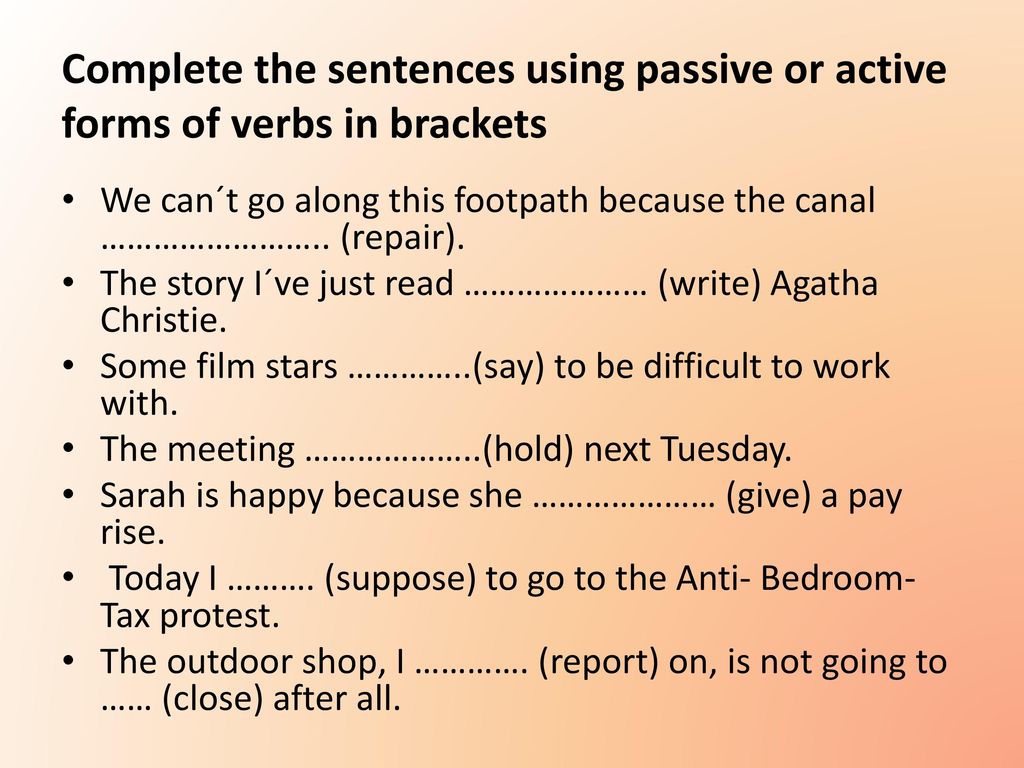 Unlike Present Perfect , for Past Simple the result and connection with the present are not important. The main thing is that the action is over and happened sometime in the past: yesterday (yesterday), last week (last week), a year ago (one year ago), etc.
Unlike Present Perfect , for Past Simple the result and connection with the present are not important. The main thing is that the action is over and happened sometime in the past: yesterday (yesterday), last week (last week), a year ago (one year ago), etc.
| + | Subject | verb in 2nd form (regular verb + -ed or irregular verb) |
| − | Subject | did not (didn't) + verb |
-
Yesterday, I listen ed to the audio, learned ten new words, but I didn’t write an essay.
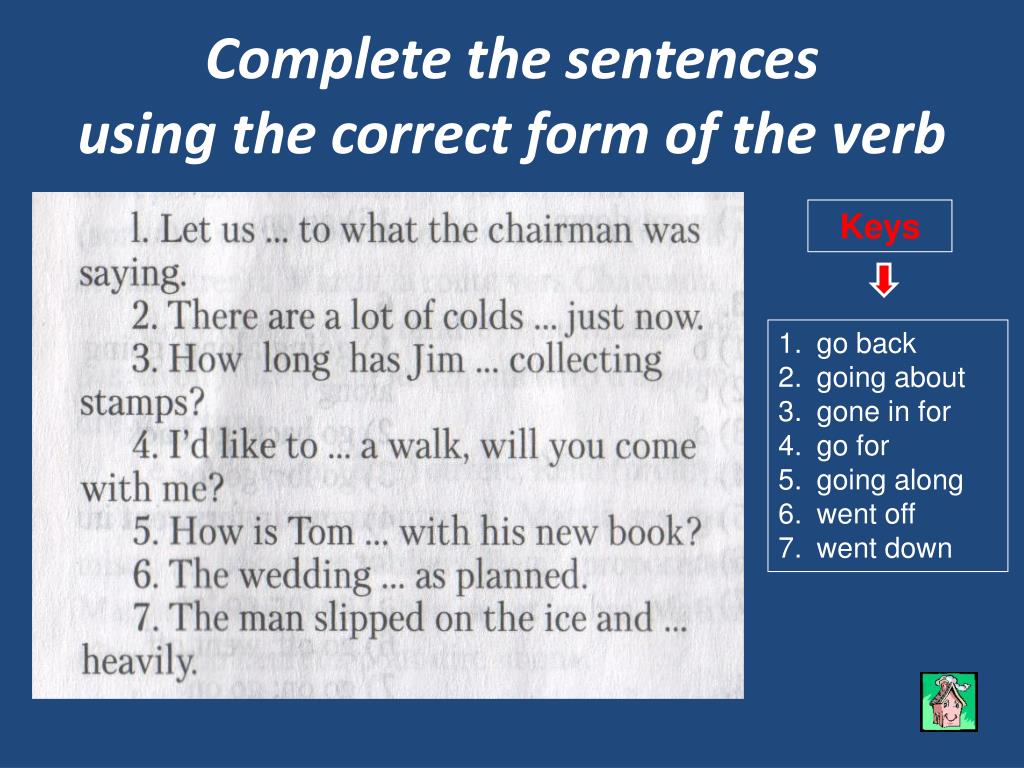 - Yesterday I listened to the audio, learned ten new words, but did not write an essay.
- Yesterday I listened to the audio, learned ten new words, but did not write an essay.
The verb to be in the Past Simple has two different forms and, just like in the present tense, does not require an auxiliary verb.
| I, he, she, it | was (not) |
| You, we, they | were (not) |
Past Continuous
Past Continuous We use to describe a long action in the past that happened at a certain moment. With this time, you can find such indicator phrases as all morning yesterday (all morning yesterday), at 7 p.m. last Monday (7 p.m. last Monday), etc.
| I, he, she, it | was/was not (wasn't) | verb + -ing |
| You, we, they | were / were not (weren't) |
Past Perfect
For Past Perfect the sequence is important.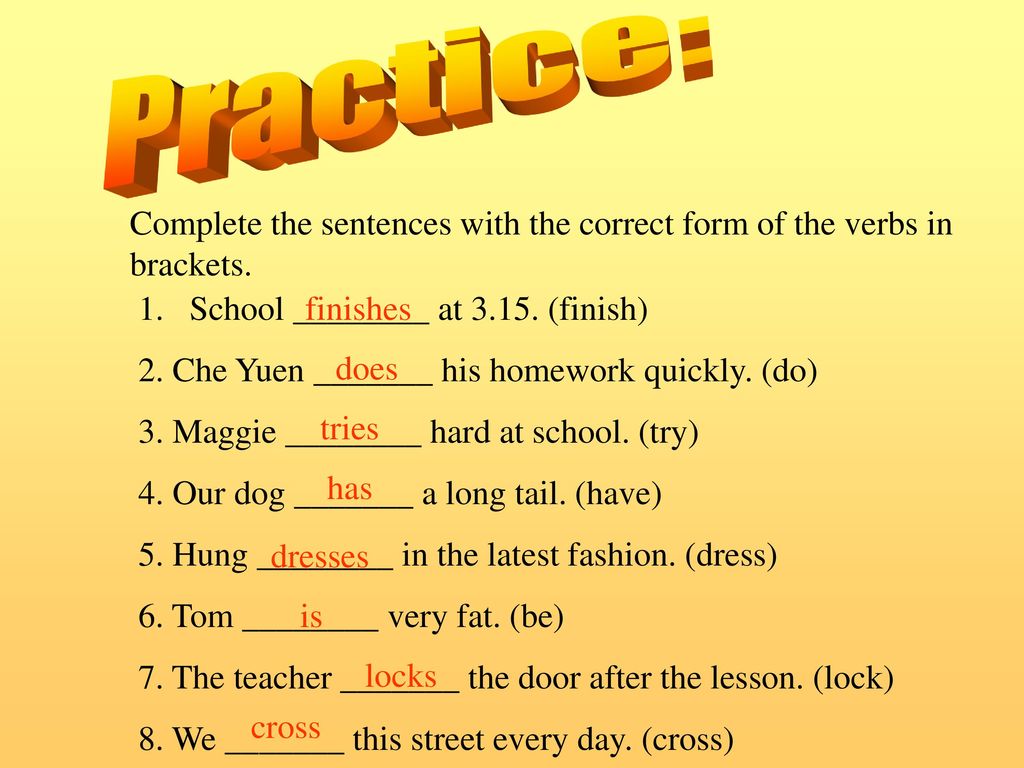 We use Past Perfect if something happened before another event in the past, and therefore in sentences with Past Perfect you can see prepositions like before (before), after (after), by the time (by the time).
We use Past Perfect if something happened before another event in the past, and therefore in sentences with Past Perfect you can see prepositions like before (before), after (after), by the time (by the time).
| Subject | had / had not (hadn't) | verb in 3rd form |
PixieMe/Shutterstock.com
Past Perfect Continuous
The same applies to Past Perfect Continuous , with the only difference that the action lasted some time before another action in the past. nine0005
| Subject | had (not) been | verb + -ing |
Future Simple
With the help of Future Simple we talk about our spontaneous decisions, make promises and forecasts for the future.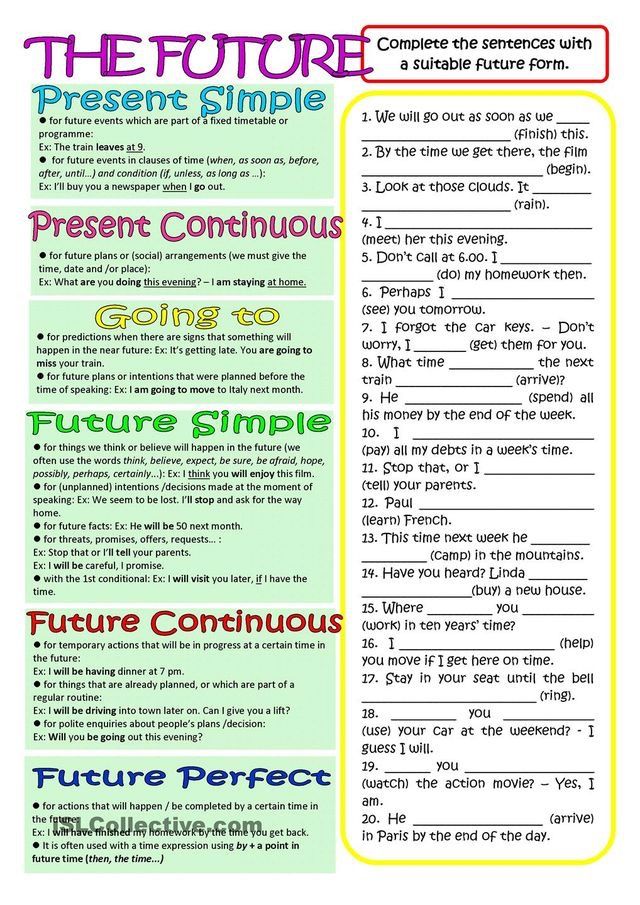
| Subject | will / will not (won't) | verb |
Future Continuous
When we know what we will be doing at a particular time, we can talk about it in Future Continuous .
| Subject | will (not) be | verb + -ing |
Future Perfect
This tense describes an action that will be completed by a certain point in the future. In sentences in Future Perfect there are prepositions before (before), by then (by then), until (until then).
| Subject | will (not) have | verb in 3rd form |
Future Perfect Continuous
Thanks to this tense, we can talk about an action that will continue for some time until a certain point in the future. For sentences in Future Perfect Continuous may need prepositions by (by that time), for (during).
| Subject | will (not) have been | verb + -ing |
-
By 2028, I will have been procrastinat ing on homework for 10 years.
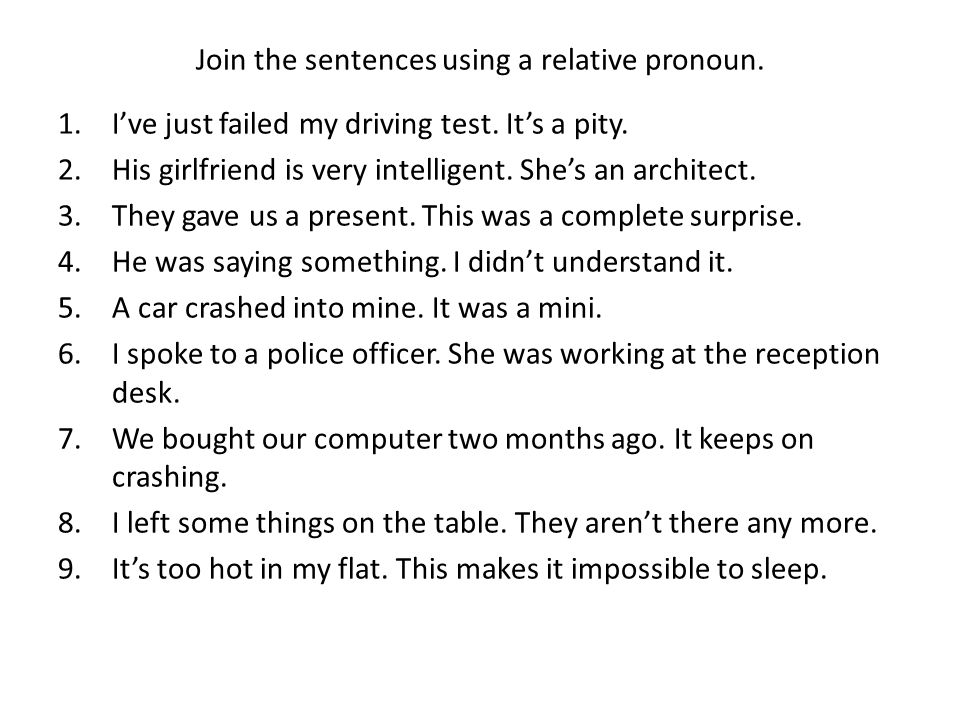 I want to be in The Guinness World Records . - In 2028 it will be 10 years since I put off my homework for later. I want to get into the Guinness Book of Records. nine0005
I want to be in The Guinness World Records . - In 2028 it will be 10 years since I put off my homework for later. I want to get into the Guinness Book of Records. nine0005
Lazy_Bear/Shutterstock
All examples in one table
To summarize, let's collect all the examples in one table:
| Time | Example | Russian translation |
|---|---|---|
| Present Simple | I always do my English homework. | I always do my English homework. |
| My neighbor often drills. This noise doesn't let me concentrate on my homework! nine0008 | My neighbor often drills. This noise keeps me from concentrating on my homework! | |
| My homework is too difficult! | My homework is too hard! | |
| Present Continuous | I am doing my homework right now.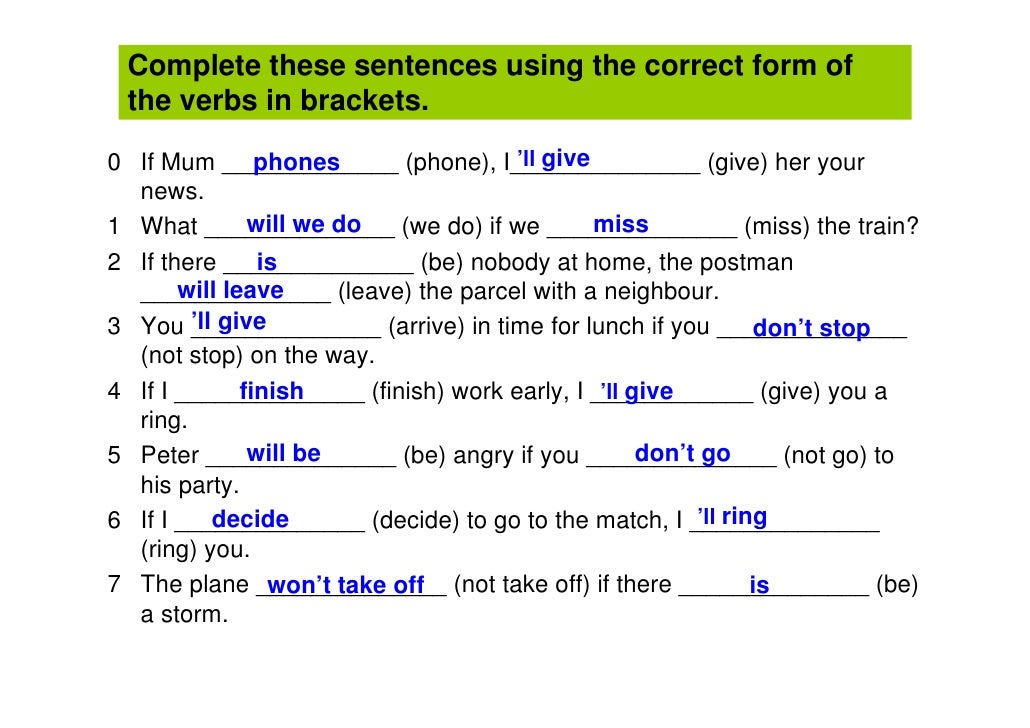 Please don't disturb me! Please don't disturb me! | I'm doing my homework now. Please don't disturb me! |
| I am meeting my study buddy tonight. nine0008 | I'm meeting my study partner tonight. | |
| Present Perfect | I have already done this exercise. | I have already done this exercise. |
| Present Perfect Continuous | I have been reading this text for an hour! | I have been reading this text for an hour! |
| Past Simple | nine0064 Yesterday, I listened to the audio and learned ten new words, but I didn't write an essay.Yesterday I listened to the audio, learned ten new words, but did not write an essay. | |
| I was so happy yesterday. All the tasks in my homework were easy. | I was so happy yesterday. All homework assignments were simple. | |
| Past Continuous | I was doing my homework when the electricity went off. nine0008 | I was doing my homework, but then the lights went out. |
| Past Perfect | My dog had chewed most of my notebook before I noticed that! | My dog chewed up most of my notebook before I noticed it! |
| Past Perfect Continuous | I had been doing homework for three hours before I fell asleep right at my desk.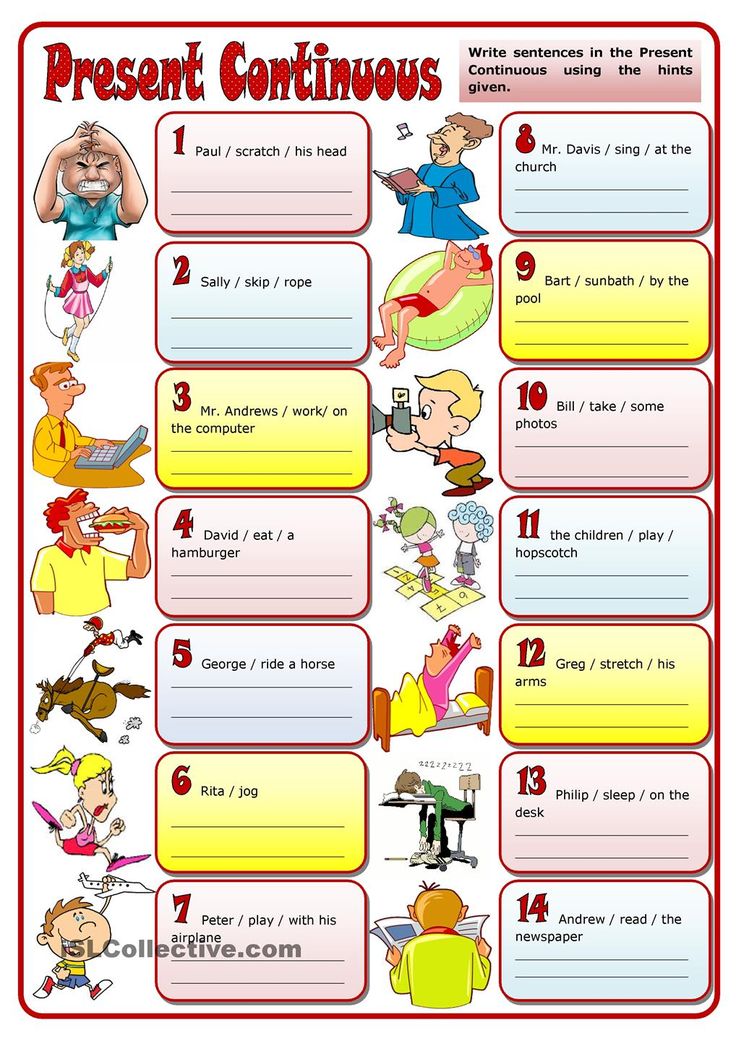 | nine0064 I did my homework for three hours before I fell asleep right at the table. |
| Future Simple | I promise I will do my homework! | I promise I'll do my homework! |
| Future Continuous | I will be doing my homework on Friday morning. | I will do my homework on Friday morning. |
| Future Perfect | nine0064 I will have done all my English homework by 2 p.m. tomorrow.I will finish all my English homework by 2 o'clock tomorrow. | |
| Future Perfect Continuous | By 2028, I will have been procrastinating on homework for 10 years.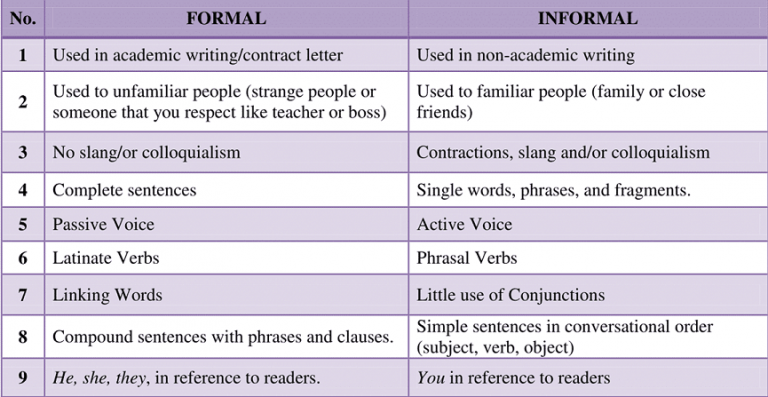 I want to be in The Guinness World Records . I want to be in The Guinness World Records . | In 2028 it will be 10 years since I put off my homework for later. I want to get into the Guinness Book of Records. nine0063 |
Cover: Lamai Prasitsuwan/Shutterstock.com
Check if you know the Top 100 English Words
Examples of Used to in English 🤔
We will help you to speak English without hesitation
Start learning
Imagine a world where the past tense disappeared from the language, and with it the used to construction from English grammar: your dad no longer tells stories from childhood, and your friend does not brag, that three summers in a row he went on an African safari with his family. It's good that these are only fantasies, and we can easily indulge in memories and share habits - let's find out how to do it competently. nine0005
nine0005
Used To
We use USED TO when talking about the past.
USED TO does not have a direct translation into Russian and definitely does not allow the translation of the verb USE in its direct meaning. No "using" - only "doing"!
USED TO
I used to do something, but I don't do it anymore.
Use this construction to talk about something you had to do in the past , is always , or is always , but it doesn't happen anymore.
English proficiency test
This English proficiency test was compiled by the Skysmart online school tutors. They prepared fun and relevant tasks on modern topics to make the test both useful and interesting
Used to: rule
Let's look at examples of sentences with USED TO:
Used to + Infinitive
- We used to be best friends, but now we have nothing in common.
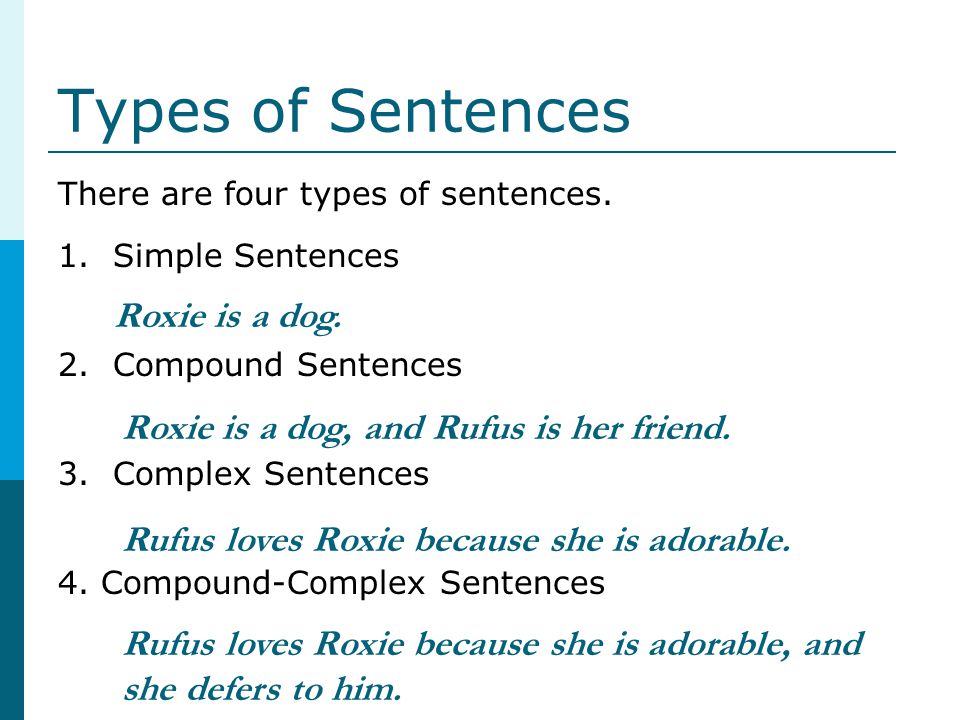 We used to be best friends, but now we have nothing in common.
We used to be best friends, but now we have nothing in common. - I used to have a macbook, but it broke down. I used to have a macbook, but it crashed.
- I used to travel a lot before I got married. I traveled a lot before getting married.
Who among us hasn't had bad habits? When talking about how you used to crunch your knuckles during a math class, you can use USED TO in the meaning of have a habit in the past:
- I used to crack my knuckles, especially during lessons. “I used to crack my fingers all the time, especially during class.
- I used to be really shy, but now I'm getting more confident. I used to be very shy, but now I'm becoming more confident.
It is also possible and necessary to talk about good and useful habits from the past.
- I used to watch “Friends” in English.
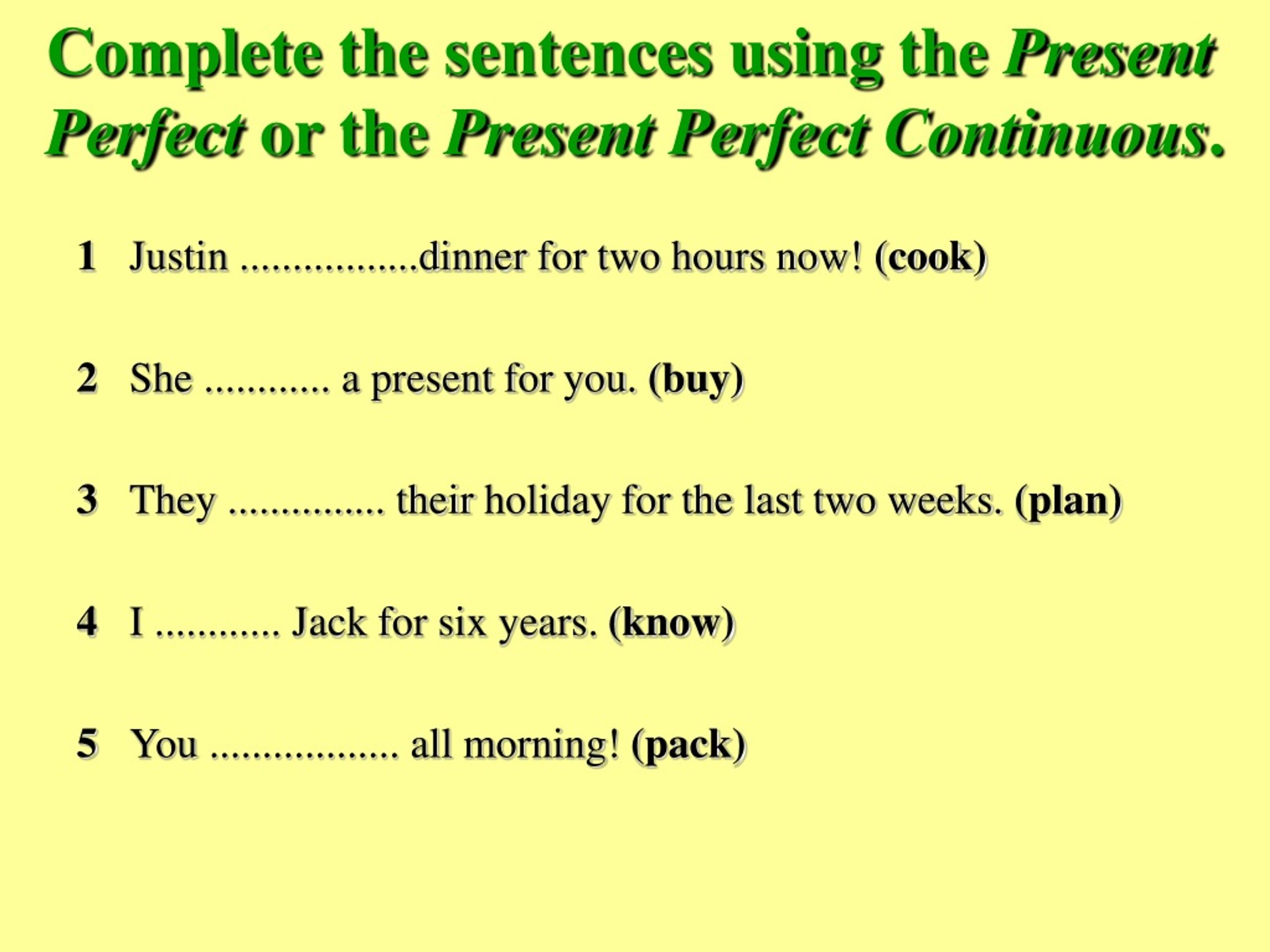 – I watched “Friends” in English. nine0256
– I watched “Friends” in English. nine0256 - I used to be the best student in our school. “I was the best student in our school.
How many English words do you already know?
Let's define your vocabulary - without complex questions and with the help of smart algorithms.
Construction used to: grammar
Look carefully at the table with examples of the use of 3 forms USED TO/ BE USED TO/ GET USED TO
| nine0064 | be used to have a habit | get used to acquire the habit | |
| Present simple | - | I am used to reading electronic books . I am used to reading e-books. nine0005 | I get used to studying online during lockdown. I'm used to studying online during quarantine. |
| Past simple | I used to have more free time before I got my iphone. I used to have more free time until I got an iPhone. | I was used to wet weather in Saint Petersburg. nine0005 I'm used to rainy weather in St. Petersburg. | I got used to a healthy lifestyle. I am used to a healthy lifestyle. |
| Future simple | - | - | I will get used to this new work schedule soon. I will soon get used to this new work schedule. |
What is the difference between WOULD and USED TO? The difference between them is that would is used in relation to a specific point in time.
Here are some rules:
- We don't use would when describing habits
- The verb would can only be used with action verbs: play, talk, walk.
- Would is not friendly with state verbs: like, know, be. nine0256
WOULD sentences convey the atmosphere of nostalgia well. If you indulge in memories, then without hesitation, insert WOULD.
- My mother would always make a cherry pie on Sundays. My mother used to make cherry pie on Sundays.
- When we were kids, we would play hide-and-seek. We often played hide-and-seek as children.
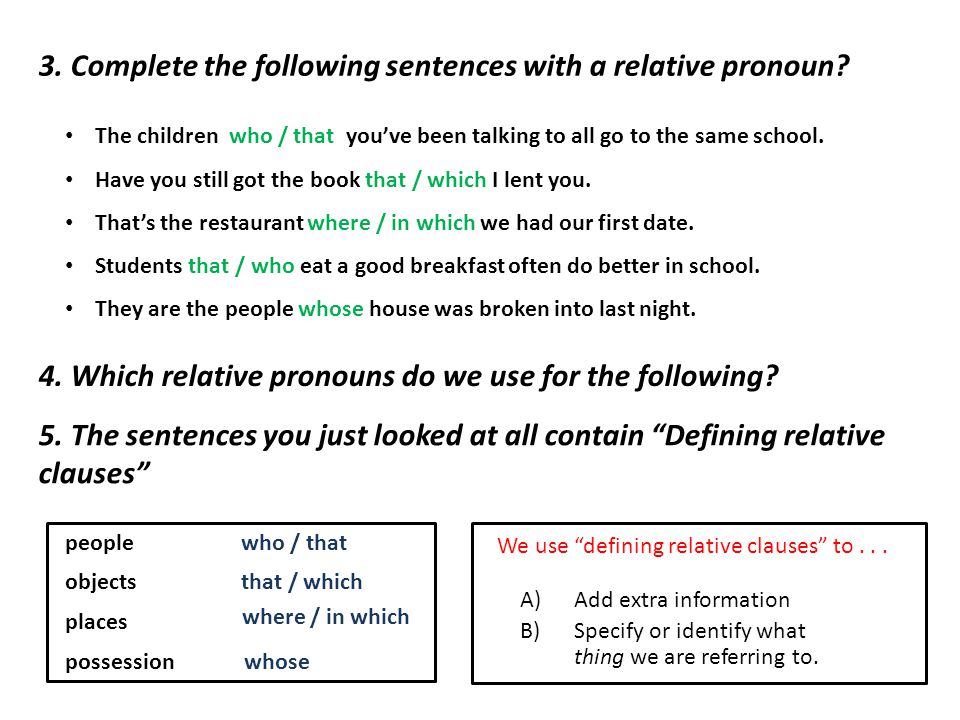
Demo lesson in English
We will determine the level and set a goal, and then we will teach you to speak English fluently. nine0005
Constructions to be used to and to get used to
BE USED TO - to have a habit
You already know how to talk about habits and actions in the past that have remained in the past. Now let's learn to talk about already formed habits.
To do this, use the following constructions:
1. Be used to + Ving
| - I'm used to doing things. |
- I'm used to walking, so I don't have a car. I'm used to walking, so I don't have a car.
- I'm used to eating so much pasta, because I live in Italy. I am used to eating so much pasta because I live in Italy.
2. Be used to + Noun
Be used to + Noun
| I am used to something. - I'm used to anything. |
- I'm used to this northern climate. I'm used to this northern climate. nine0256
GET USED TO
In case a habit is just being acquired and you are in the process of getting used to something, there is a construction in English grammar get used to .
1. Get used to + Ving
- I hope I will get used to waking up early. I hope I get used to getting up early.
2. Get used to + Noun. The use of the construction is possible in the present, past and future simple. nine0005
- It took me a while to get used to her voice.
 It is so squeaky! It took me a while to get used to her voice. He is so squeaky!
It is so squeaky! It took me a while to get used to her voice. He is so squeaky! - We couldn't get used to the noisy neighborhood, so we moved. We never got used to these noisy neighbors, so we moved.
Note that the past form of GET USED TO = BE USED TO. Because the habit is already formed. In this case, either of the two designs can be used.
| I got used to my new boss = I am used to my new boss. |
Using USED TO in questions and negatives
Interrogative and negative sentences with USED TO are built according to the following principle:
| USED TO | BE USED TO | GET USED TO | |
|---|---|---|---|
| + Approval form | I used to study Chinese when I was in university. I studied Chinese at the university. | I am used to meditating twice a day. I am used to meditating twice a day. | I got used to this lifestyle. I am used to this way of life. |
| − Negative | I didn't use to study Chinese when I was in university. nine0005 I didn't study Chinese at the university. | I am not used to meditating twice a day. I am not used to meditating twice a day. | I didn't get used to this lifestyle. I'm not used to this way of life. |
| ? Question | Did I use to study Chinese when I was in university? Did I study Chinese at university? nine0005 | Am I used to meditating twice a day? Am I in the habit of meditating twice a day? | Did I get used to this lifestyle? Am I used to this way of life? |
The phrase used to is rarely used in an interrogative sentence.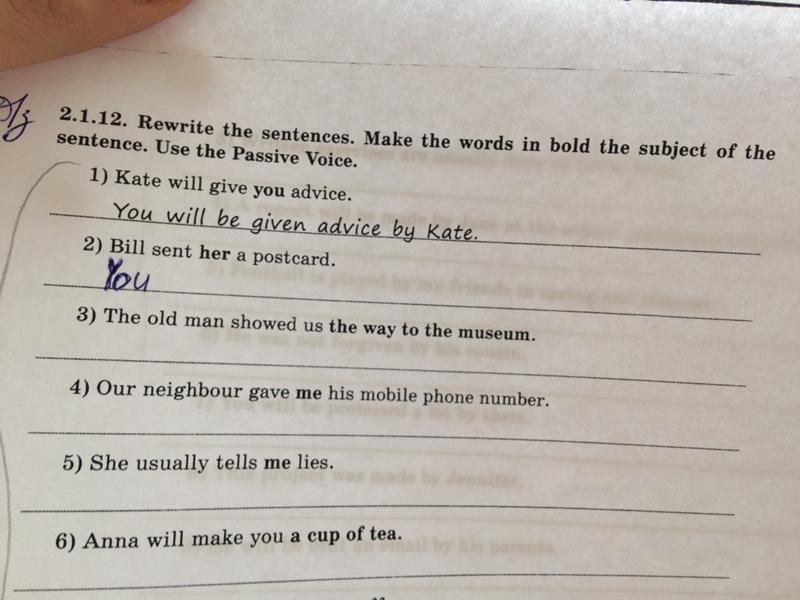 Usually the question is asked in Past Simple. But in the answer, the grammar allows the use of USED TO. The table shows that all interrogative forms are built using the past tense auxiliary verb did .
Usually the question is asked in Past Simple. But in the answer, the grammar allows the use of USED TO. The table shows that all interrogative forms are built using the past tense auxiliary verb did .
Special questions c used to
With the USED TO construction, you can ask the following special questions according to the proposed scheme:
| WH question + did + pronoun + use to ... ? |
- what - what?
- where - where?
- when - when?
- who - who?
- which - which one?
- why - why?
- how often
- how long - how long?
- how much
Where did she use to live? Where did she used to live?
How long did he use to be a vegetarian? How long has he been a vegetarian?
Now you can spice up your speech with the USED TO construction.